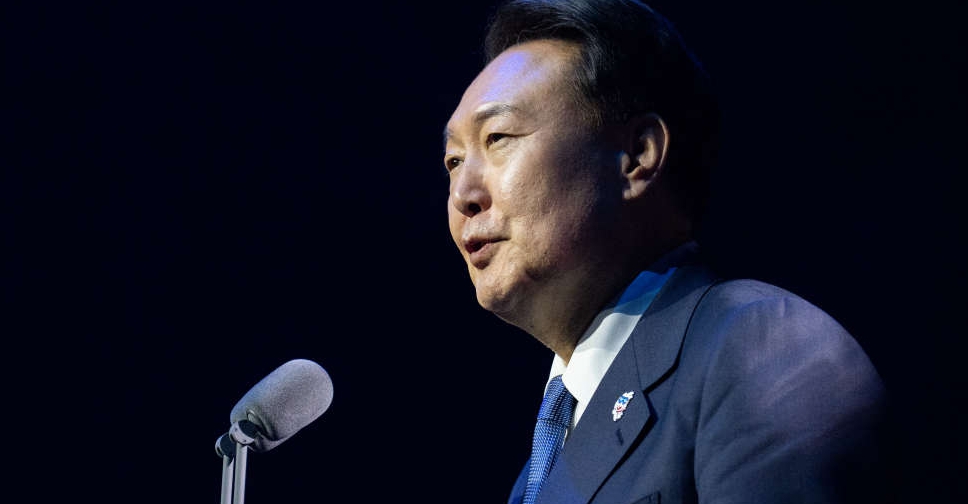
South Korean President Yoon Suk Yeol has been banned from leaving the country over a failed attempt at imposing martial law, a justice ministry official said on Monday, amid growing calls for him to step down and a deepening leadership crisis.
Yoon has apologised for the botched attempt and said he was leaving his political and legal fate to his ruling People Power Party (PPP) but has not resigned. He has become a subject of criminal investigation, according to local media reports.
On Monday, the defence ministry said Yoon was still legally commander in chief, but his grip on power has come into question with dissent growing among senior military officers against the president, and his own party saying it would establish a task force to handle his eventual resignation.
Oh Dong-woon, the head of the Corruption Investigation Office for High-ranking Officials, said he has ordered a ban on foreign travel for Yoon, when asked at a parliament hearing what actions have been taken against the embattled president.
A justice ministry official, Bae Sang-up, told the committee the travel ban order has been executed.
The panel was established in 2021 to investigate high-ranking officials including the president and their family members but it does not have authority to prosecute the president. Instead it is by law required to refer the matter to the prosecutors' office.
While Yoon survived an impeachment vote in parliament on Saturday, his party's decision to delegate presidential authority to the prime minister has plunged the key US ally into a constitutional crisis.
Yoon has refused calls, including some from within his own ruling party, to resign, and his future looked more uncertain over the weekend when Yonhap news agency reported he was under criminal investigation for alleged treason.
Prosecutors on Sunday arrested ex-defence minister Kim Yong-hyun over his alleged role in the declaration of martial law on December 3, Yonhap reported.
Yoon gave the military sweeping emergency powers to root out what he called "anti-state forces" and obstructionist political opponents. He rescinded the order six hours later, after parliament defied military and police cordons to vote unanimously against the decree.
Amid the backlash, multiple military officials, including the acting defence minister, have said they would not follow any new order to impose martial law again.
The main opposition Democratic Party has called for Yoon to be stripped of authority to control the military. The DP has also demanded the arrest of Yoon and any military officials implicated in the martial law fiasco.
Yoon's People Power Party (PPP) had established a task force to deal with, among other matters, "political stabilisation after martial law and (Yoon's) orderly early resignation", a spokesperson said on Monday.
On Sunday, PPP leader Han Dong-hoon said the president would be excluded from foreign and other state affairs, and Prime Minister Han Duck-soo would manage government affairs until Yoon eventually stepped aside.
That proposal has drawn criticism from the opposition, which says it is unconstitutional. It says Yoon must be impeached or resign and face legal prosecution, and plans to table another impeachment bill on Saturday.
Chang Young-soo, professor at the School of Law at Korea University, said the president is able to delegate authority to the prime minister, especially his control of the military, but there is debate whether the prime minister has authority to act as head of state on diplomatic matters.
"Also, unlike a US vice president, a South Korean prime minister is not elected, which means democratic legitimacy is weak. So it will also be an issue how long this system can go on," he said.
MILITARY BACKLASH
Opposition leader Lee Jae-myung warned on Monday that the political crisis threatened to do irreversible harm to Asia's fourth-largest economy, major global supplier of memory chips.
South Korea's finance ministry and regulators said they would make all-out efforts to stabilise financial markets by deploying contingency plans and boosting liquidity by end-December.
In the latest sign of dissent within military ranks, the commander of South Korea's special forces said he was ordered to send his troops into parliament last week to stop a vote to reject martial law.
Colonel Kim Hyun-tae, the commanding officer of the 707th Special Missions Group, told reporters he took responsibility for his troops' actions but he was acting under orders from then defence minister Kim Yong-hyun.




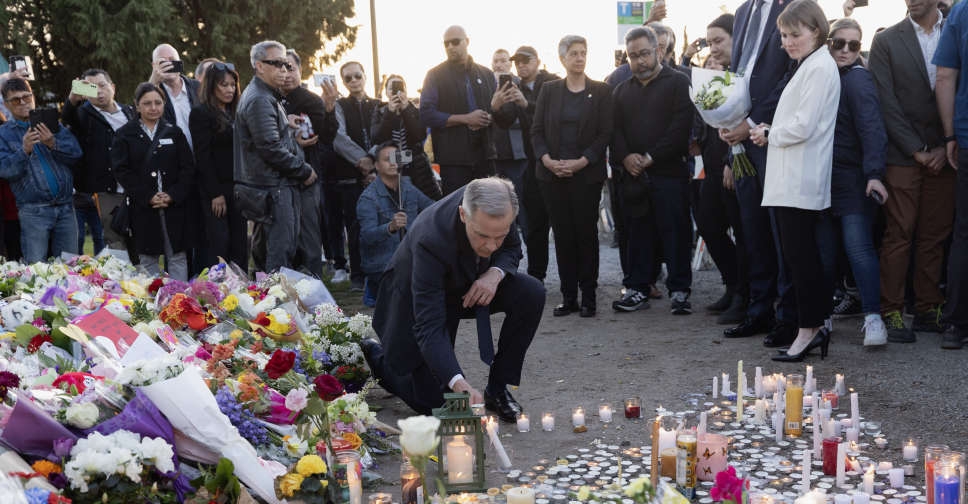 Vancouver man charged with murder for attack on Filipino festival
Vancouver man charged with murder for attack on Filipino festival
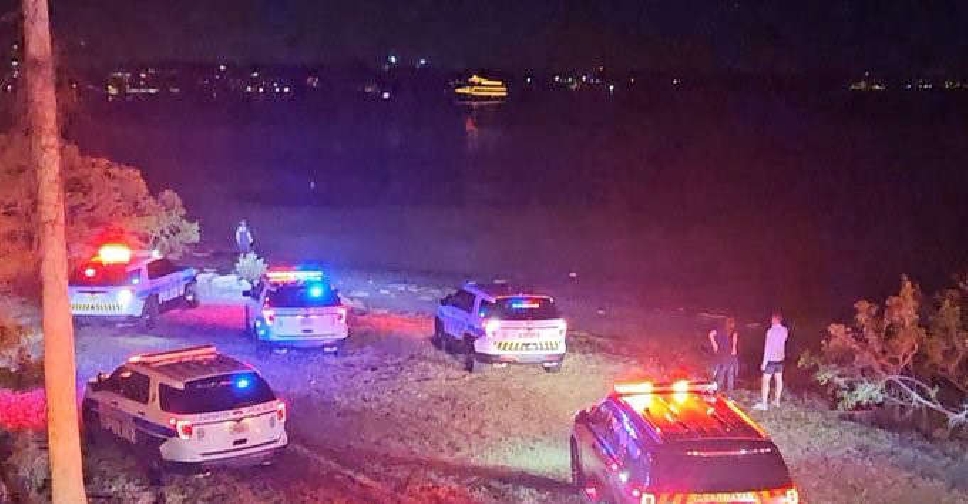 One person killed, others injured in Florida hit-and-run ferry crash
One person killed, others injured in Florida hit-and-run ferry crash
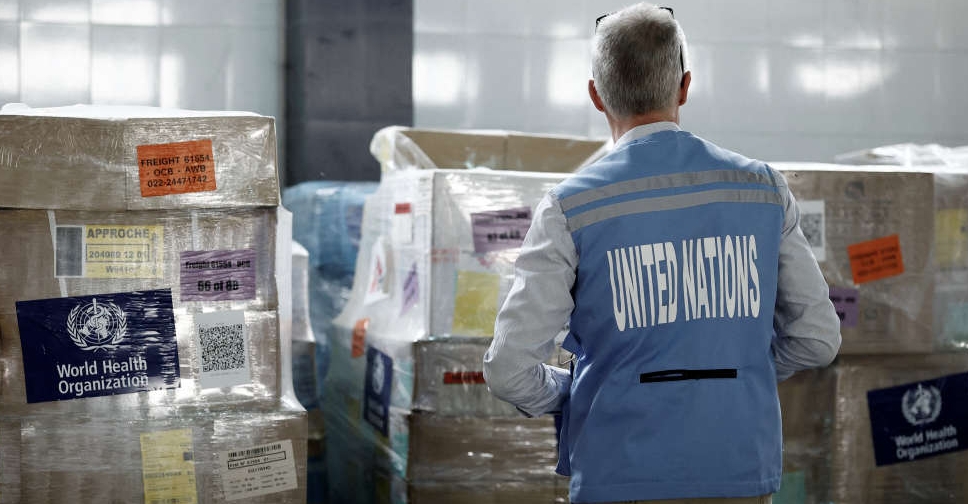 Israel's Gaza aid blockade contested in World Court hearings
Israel's Gaza aid blockade contested in World Court hearings
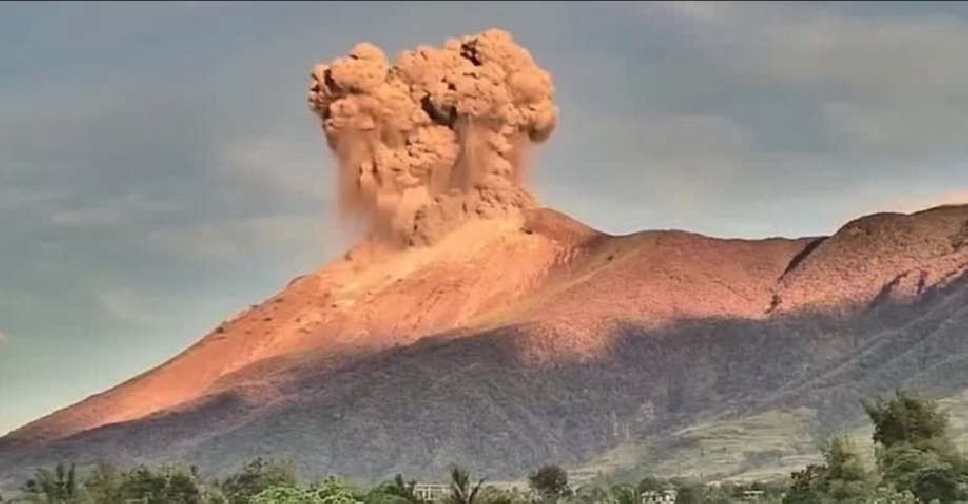 Philippines raises alert level at restive volcano after eruption
Philippines raises alert level at restive volcano after eruption


